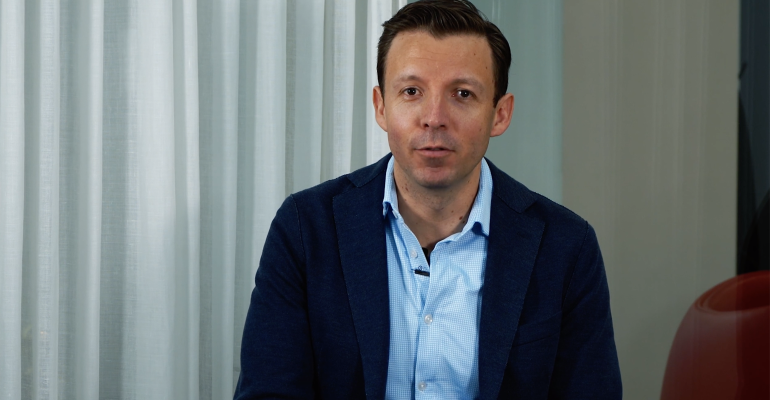SoftBank Group is leading a $10 million Series A funding round in Zoe Financial, a find-an-advisor service that has now landed a total of $16.3 million in funding, according to an announcement. Through its SoftBank Opportunity Fund, the Japanese conglomerate is investing in the U.S. wealthtech arena, leading a round that saw investments from Aaron Schildkrout, a former Uber executive; Jessica Lachs, a DoorDash vice president; Chris Nakutis, a former COO at an electric scooter company; and Republic Labs, which has invested in more than 40 companies around the globe.
Zoe Financial is a service that helps “consumers to find and hire vetted financial advisors,” according to the firm. There are now more than 2,600 independent advisors on the lead-gen platform, and clients that have been matched with Zoe Network Advisors account for $410 billion in assets under management. The Series A funds will go toward creating a more user-friendly experience and new hires.
Advisors appearing on Zoe Financial’s platform must have at least five years of experience and “no association with broker-dealers.” They are then interviewed, with a focus on “their investment and planning process, their operations, technology, and even the financial products they recommend,” according to CEO and founder Andres Garcia-Amaya. The last step before receiving a listing on the platform is an hour-long interview with Garcia-Amaya and Dillon Ferguson, the firm’s head of product and a CFP.
The firm uses digital ads to bring prospective clients to the platform, where they are matched with advisors. Advisors, in turn, pay Zoe a fee if the lead becomes a client. The fee varies depending on the advisor’s fee structure: Advisors who charge their clients a flat annual fee pay Zoe a flat annual fee for five years. Advisors who opt for a fee based on a percentage of assets hand over part of that revenue for as long as the investor is a client. The firm does not disclose the fee. Potential clients are not charged for using the service.
Two years ago, Zoe Financial made headlines when it won Morningstar’s annual fintech competition. At the time, the platform had “hundreds” of clients with more than $100 million in assets, according to Garcia-Amaya. It was founded in 2018 with seed funding provided by Christopher Jones, a former BlackRock executive with ties to fintech startup Acorns, and Robert Deutsch, an investor with ties to the J.P. Morgan Exchange Traded Funds board.
To be sure, Zoe Financial isn’t alone in the digital lead-gen arena. Firms like WiserAdvisor charge annual membership fees for lead-gen, with expectations that the “first year’s revenue will more than cover the cost of the service,” according to CEO Rishi Bharathan. WiserAdvisor, which has been in operation since 2011, was charging between $1,000 and $2,500 per year, plus $40 to $300 per lead in 2020.
The SEC’s new ad rule has also paved the way for other services to launch. Earlier this month, Wealthtender used the implementation of the regulator’s new rule to launch a service combining digital lead-gen with client reviews of advisors. The firm offers what it calls “Certified Advisor Reviews,” which “are designed to comply with the new SEC rule” and sit alongside a search engine that helps potential clients match with a financial advisor. Advisors pay between $29 and $59 a month for a spot on the platform.
The new investment in Zoe Financial makes sense, said William Trout, director of wealth management at Javelin Strategy & Research. “We are seeing the ascendance of new investor populations,” he said, “such as female investors and non-traditional households.” Potential clients demand engagement on digital channels and in real time. For that to happen, firms like Zoe Financial are using investment and building tools to locate potential clients where they are.
“If data is the new oil, leads are the new gold,” Trout added. While the pandemic may have accelerated their decline, the “traditional centers of influence and watering holes such as the Rotary Club and the golf course were waning in favor of digital interaction.”
“The pandemic has made it clear that client relationships do not need to be anchored in a single jurisdiction,” he said. “Prospective clients can be found across the region, the country, or even the world.”





